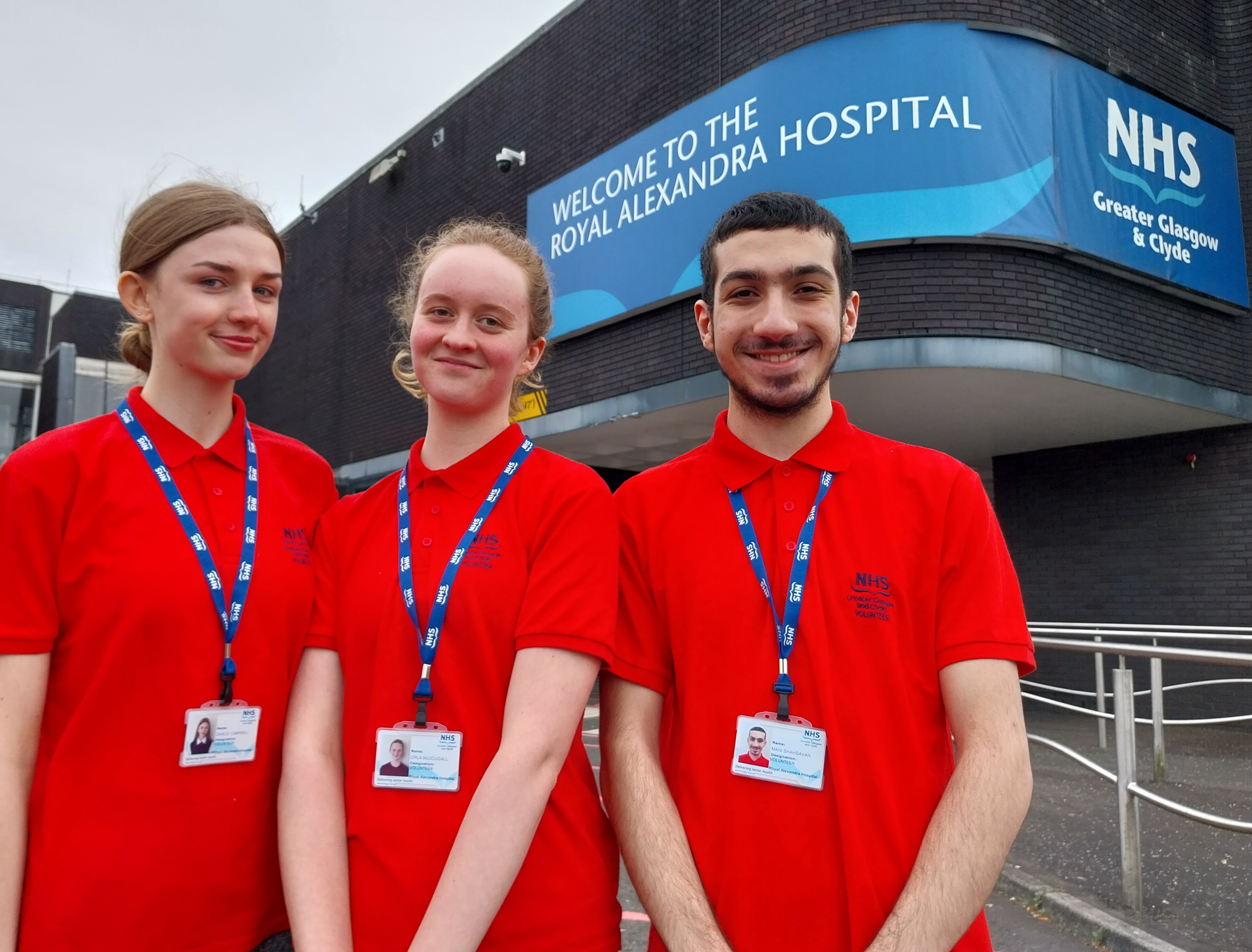Previous
Clinical scientist in immunology
To become a vascular scientist in the NHS, you’ll need to complete a 3-year postgraduate-level work-based training programme.
Vascular scientists are crucial in diagnosing and managing conditions affecting blood flow. They use ultrasound and other non-invasive pressure tests to assess blood flow in the following:
This requires a highly specialised knowledge of peripheral vascular anatomy and physiology, alongside expert knowledge of vascular ultrasound and blood hemodynamics.
These professionals provide essential routine and emergency clinical services to various medical specialties, including:
The results from ultrasound and pressure tests are invaluable for vascular diagnosis, treatment planning, and patient management. They also support abdominal aortic aneurysm surveillance and deep vein thrombosis services.
A key part of the role involves performing, interpreting, and fully reporting patient assessments. Vascular scientists are responsible for identifying results that require urgent medical attention and liaising directly with surgical staff for prompt action.
Vascular conditions commonly assessed in the peripheral blood vessels include:
These detailed assessments are vital for informing appropriate medical and surgical interventions.
Your peripheral vascular system, also known as the circulatory system, is made up of the following:
Find out more: What are blood vessels?
Using the results of diagnostic testing, vascular scientists analyse and interpret complex information. A clinical report is then written and shared with doctors to:
They are also responsible for the safety and wellbeing of patients throughout the investigation process.
School subjects that could lead to a career as a vascular scientist include:
Speak to your guidance teacher or careers adviser about the subjects offered at your school.

You may find it helpful to get some healthcare experience by doing a work placement or volunteering. You’ll get training, increase your knowledge, and learn new skills. This could help you when applying to university, college or a new job with NHSScotland.
There are different education and training pathways to becoming a vascular scientist.
As a trainee, you’ll complete a 3-year programme of work-based learning supported by a university-accredited master’s degree at SCQF level 11. It is part-funded by the National School of Healthcare Science.
To apply for the STP, you’ll need an undergraduate honours degree in a related subject at SCQF level 10. Examples include:
Once you complete your training, you’ll register with the Health and Care Professions Council (HCPC) as a clinical scientist. Clinical scientists are one of 15 health and care professions in the UK regulated by the HCPC.
As a vascular scientist, you'll investigate, measure, and assess the blood flow in a patient's arteries and veins using the following:
Other pressure tests include the ankle-brachial pressure index (ABPI) at rest and after exercise, and the toe pressure test. In this test, a blood pressure cuff is placed around each limb or one of the toes, and the pressure is measured. If there is a significant drop in pressure, this indicates that the peripheral blood vessels are narrowing or blocked.
You’ll analyse, interpret, and report the results of your investigations to assist in the diagnosis of vascular diseases, such as:
Vascular scientists' accurate diagnoses help doctors determine the medical or surgical care that will achieve the best patient outcome.
Your main tasks could include:
You’ll need these skills:
You’ll work with:
As a vascular scientist, you could work in:
As a vascular scientist, you’re expected to undertake continuous professional development (CPD) activities to:
Clinical scientists must meet the HCPC’s standards for CPD. Learn more about the HCPC’s guidance on CPD activities. You must also follow the professional performance guidelines from the CSVS.
Healthcare Scientists are often at the forefront of advances in science and technology. As a vascular scientist, you could be involved in researching new treatment techniques or developing innovations in vascular technology.
With further training and experience, you could develop your career and move into management or teaching roles.
To become a vascular scientist in NHSScotland, you’ll need to complete a postgraduate-level work-based training programme. You must also be working towards registering with the HCPC as a clinical scientist in vascular.
Vascular science professionals are encouraged to join the College and Society for Clinical Vascular Science (CSVS). Memberships are available at various levels, and you can also pursue accreditation as a clinical vascular scientist.
Earning CSVS accreditation assures employers and patients that you meet and uphold the national professional standards for conducting vascular ultrasound investigations.

Discover the range of healthcare science careers you can choose in the NHS.
Healthcare science
Our blog includes how-to guides, case studies, and career resources.
Discover more